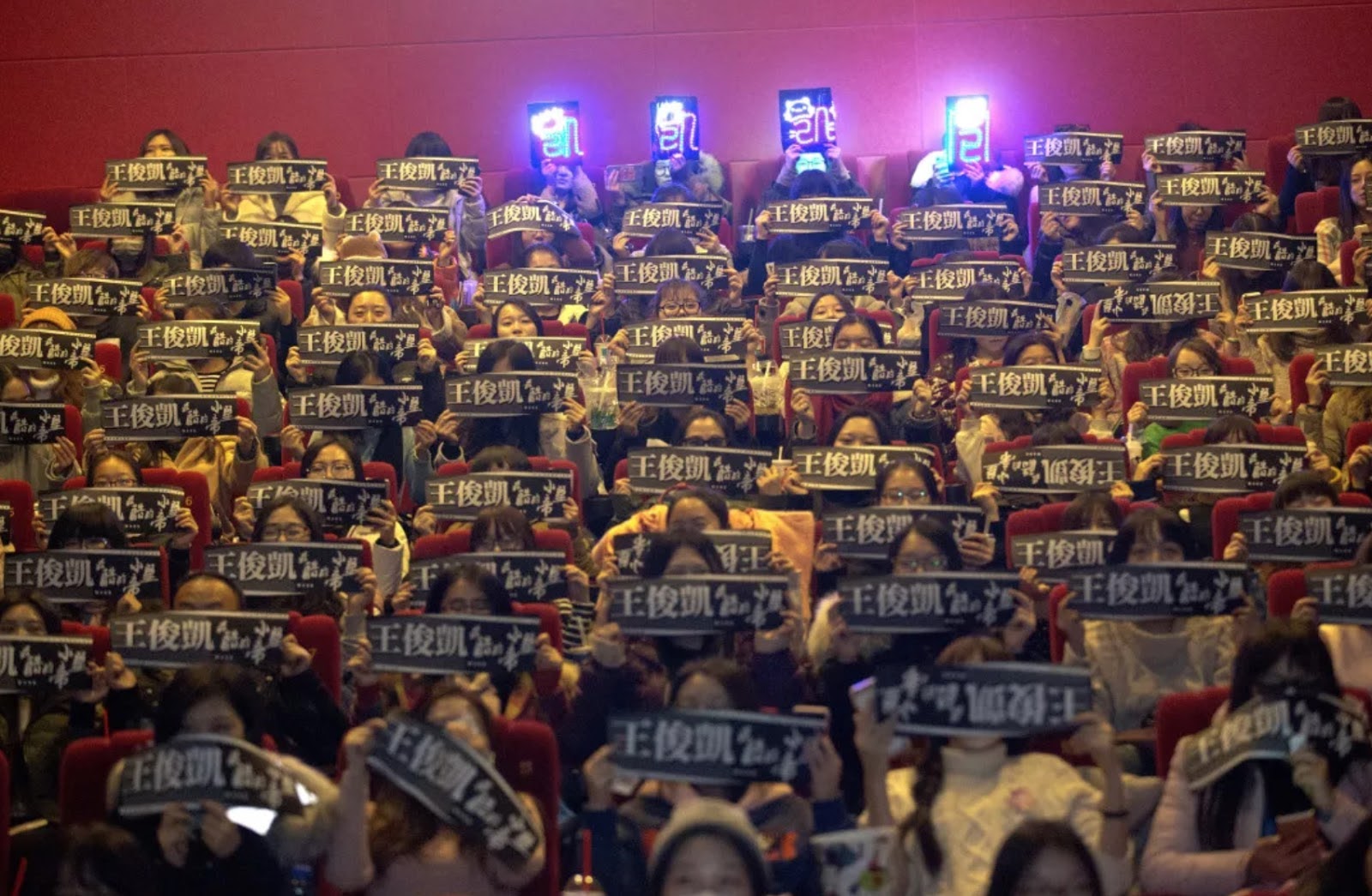China targets obsessive teenage fans in new internet cleanup campaign
The initiative aims to address seven major problems faced by teenagers in their internet use, including long-standing issues like “unsafe content” in violent video games and lewd animes, as well as more recent phenomena, such as the proliferation of “extreme” fan culture.

Good news for Chinese parents fretting about their children accessing inappropriate online content during this year’s summer break: The Cyberspace Administration of China (CAC), the country’s top internet watchdog, just launched a two-month campaign to create a “healthier” digital environment for teenagers and help them use the internet more responsibly.
According to a directive (in Chinese) issued by the administration on July 13, the initiative aims to address seven major problems faced by teenagers in their internet use, including long-standing issues like “unsafe content” in violent video games and lewd animes, as well as more recent phenomena, such as the proliferation of “extreme” fan culture.
The campaign will tackle almost every aspect of toxic fan culture, including the dominance of celebrity-related topics on social media, blogs that post inflammatory articles to incite wars among groups of fans, and pop stars who encourage rabid followers to cause online chaos.
A handful of unhealthy online activities emboldened by the extreme fan culture were highlighted in the directive. Some of them are old tactics of online abuse — such as mass bullying and doxxing, whereas others are unique acts of obsessive fandom, including swarms of fans dominating comment sections with an identical message supportive of their idols, and their excessive use of hashtags.
The initiative comes at a time when fandom, which used to be a hobby characterized by harmless fun, has increasingly become a visible hotbed for toxic behavior in the internet age. In February, the Archive of Our Own (AO3), a popular fanfiction website, was censored by Chinese authorities after fans of Chinese actor Xiāo Zhàn 肖战 reported the site for hosting homosexual content featuring Xiao.
This is not an isolated event. According to the Theories of Entertainment Capital 娱乐资本论 (in Chinese), an online blog offering in-depth analyses about China’s pop-culture landscape, it’s common for ardent fans on the Chinese internet to give authorities tip-offs about content created by rival fan groups that could potentially run afoul of regulators. And when the both side are down to play nasty, things can quickly turn toxic.
During the Two Session meetings in May, a delegate to the National People’s Congress (NPC), China’s top legislature, made the culture of fan communities, or known as fànquān 饭圈, the focus of her proposal. Besides pointing out how such passion could “severely disrupt public order” in some cases, she warned that “celebrity worship should not be encouraged because it was a distraction for underage girls who should focus on school.”
In an interview with the Theories of Entertainment Capital, a middle school teacher said that more than half of the girls in her class were fans of various pop stars, and some of them were super fans who spent hours a day online promoting their favorite artists. “What surprises me the most is that one of them is in charge of an online group of more than 500 fans, assigning tasks to members and monitoring their online activities on a daily basis,” the teacher introduced. “Giving all of her energy to this stuff, how could she find time to study?”
However, an anonymous fan of a famous actress, who admitted to sometimes crossing the line in her love for the artist, told the blog that the campaign wouldn’t have a substantial impact on fan culture. “Fans and antis always go hand in hand. As long as celebrities and the internet exist, fan wars won’t go away,” she said.






